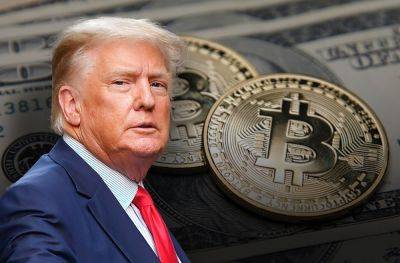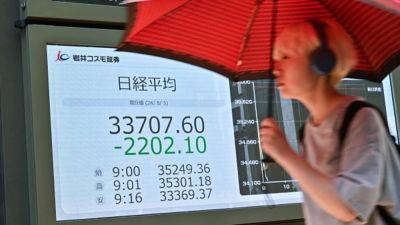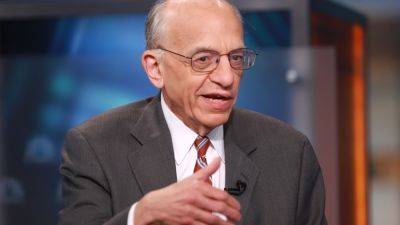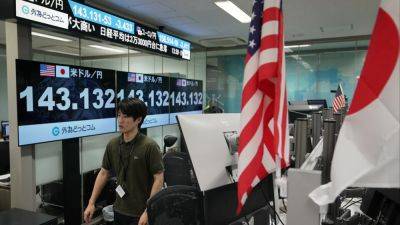The popular 'carry trade' is unwinding — and economists fear Fed rate cuts could make matters worse
Rapid interest rate cuts from the Federal Reserve could make matters worse for the global "carry trade" unwind, according to economists at TS Lombard.
The warning comes as market participants seek to aggressively roll back on carry trades following a dramatic global sell-off in risk assets.
Carry trades refer to operations wherein an investor borrows in a currency with low interest rates, such as the Japanese yen, and reinvests the proceeds in higher-yielding assets elsewhere. The trading strategy has been hugely popular in recent years.
Stock markets in Europe were unsettled on Tuesday, paring earlier gains amid a faltering sense of relief.
An August stocks slump has been partly driven by weaker-than-expected U.S. economic data at the end of last week. The readings led investors to worry that the Federal Reserve may be behind the curve in cutting interest rates to fend off a recession.
"The natural reaction from the Fed to soft labour market data and fresh recession risks would be to cut rates and to do so relatively rapidly. But this would exacerbate any carry trade unwind," economists at TS Lombard said in a research note published Monday.
"The US economy should trump all else, but it would make sense for central bankers to be cautious," they added.
Led by Freya Beamish, economists at the investment strategy research firm said they hoped to see a coordinated message from the Bank of Japan and Fed to soothe market nerves.
"Then if the carry trade unwind really is a problem, we'd hope these central banks would take steps to introduce some form of quantity measures that would help prevent Japanese and other investors that have run on yen carry trades from having to sell assets, and facilitate the Fed cutting rates in due course







